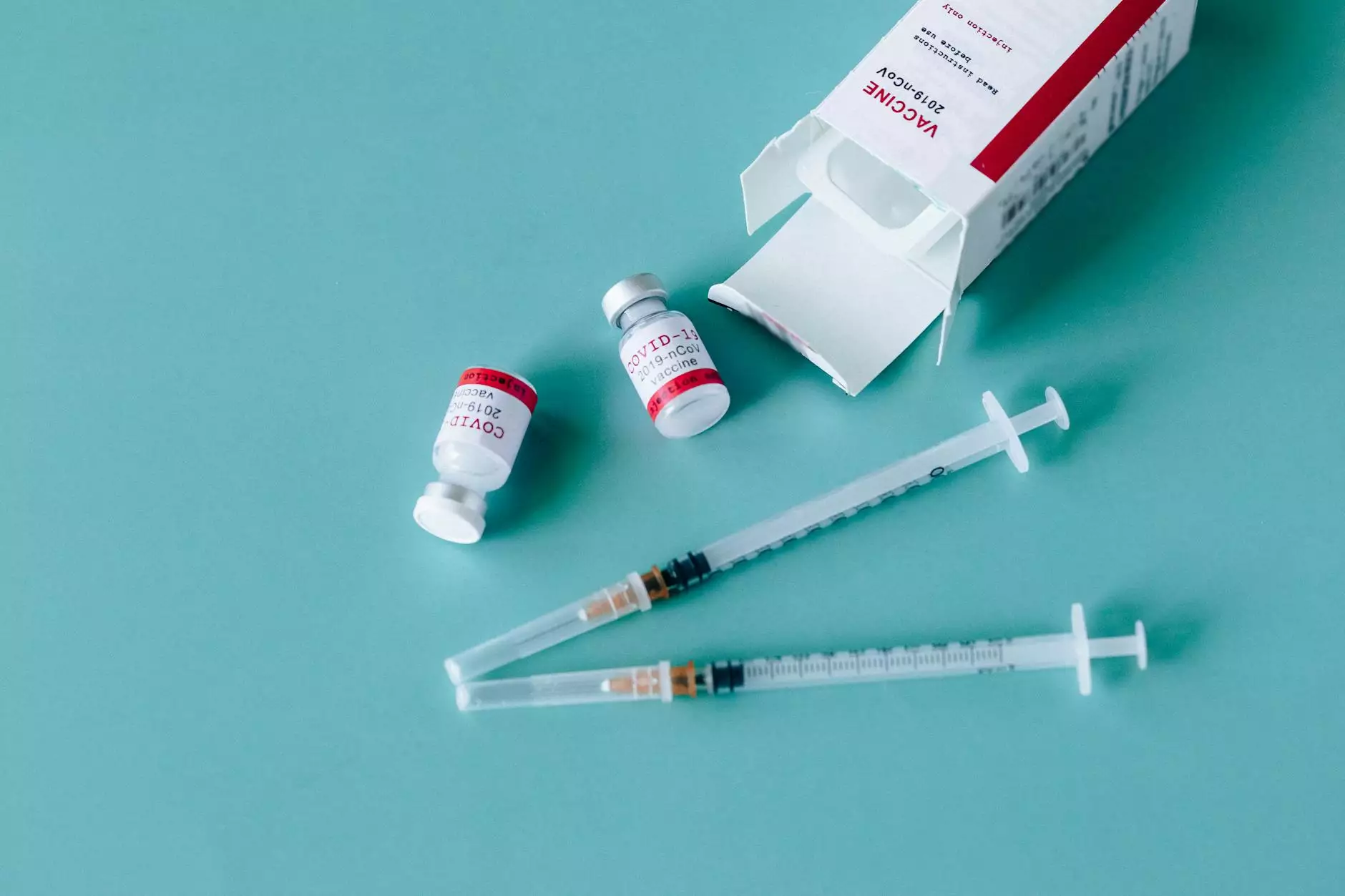Medical Device Research - Enhancing Healthcare

When it comes to improving healthcare outcomes, medical device research plays a vital role in driving innovation and facilitating advancements in the field. At Life Science Market Research, we focus on providing comprehensive insights and analysis in the area of medical device research, enabling healthcare professionals, medical centers, and manufacturers to make informed decisions and contribute to the overall growth and development of the healthcare industry.
The Importance of Medical Device Research
Medical devices are at the forefront of technological advancements in healthcare. From diagnostic tools to therapeutic equipment, these devices have revolutionized the way healthcare is delivered. However, ensuring their safety, effectiveness, and compliance with regulatory standards requires extensive research and testing.
Medical device research helps identify the unmet needs of patients and healthcare providers, leading to the development of cutting-edge technologies that address these challenges. Through rigorous studies and trials, researchers can evaluate the performance, durability, and usability of medical devices, ultimately improving patient outcomes and quality of life.
Moreover, medical device research also plays a crucial role in regulatory processes. Data obtained from clinical trials and real-world evidence assist regulatory authorities in determining the safety and efficacy of these devices before they can be approved for use.
Advancements in Medical Device Research
Over the years, significant advancements have been made in medical device research. Researchers are constantly pushing the boundaries, exploring new materials, technologies, and treatment modalities to address various medical conditions more effectively.
1. Precision Medicine and Personalized Devices
One of the key trends in medical device research is the focus on precision medicine and personalized devices. With genetic profiling and advanced diagnostic techniques, medical devices can be tailored to individual patients, considering factors such as genetic predisposition, disease characteristics, and lifestyle choices.
This level of personalization allows for more targeted and effective treatments, minimizing side effects and maximizing therapeutic outcomes. Examples include implantable devices that release medications based on real-time patient data, smart prosthetics that adapt to individual movements, and wearable devices that monitor vital signs and provide real-time feedback.
2. Integration of Artificial Intelligence (AI)
Artificial Intelligence (AI) has emerged as a game-changer in medical device research. By utilizing machine learning algorithms, AI-powered devices can analyze vast amounts of data, make accurate diagnoses, and provide personalized treatment recommendations.
AI is transforming various medical fields, from radiology to surgical robotics. AI algorithms can detect abnormalities in medical images, assist in surgical procedures, and predict disease progression, enhancing the overall efficiency and accuracy of medical interventions.
3. Minimally Invasive Technologies
Advancements in medical device research have led to the development of minimally invasive technologies that have revolutionized healthcare interventions. These devices enable surgeons to perform complex procedures with smaller incisions, reducing patient discomfort, hospital stays, and recovery times.
From laparoscopic tools to robotic-assisted surgical systems, minimally invasive technologies offer precise control, enhanced visualization, and improved patient outcomes. Innovation in this area continues to expand, with ongoing research to further refine these technologies and make them more accessible and cost-effective.
The Future of Medical Device Research
The future of medical device research is promising, with continued advancements on the horizon. The convergence of technology and healthcare is expected to drive innovation, transforming the way medical devices are designed, manufactured, and utilized.
Some areas that hold potential for future breakthroughs include:
- Biomedical Sensors and Internet of Things (IoT): Integration of sensors into medical devices and their connection to IoT networks will enable real-time data collection, remote monitoring, and personalized healthcare solutions.
- Regenerative Medicine: Research in tissue engineering, stem cell therapy, and 3D printing is paving the way for the development of next-generation medical devices that can regenerate or repair damaged tissues and organs.
- Virtual and Augmented Reality (VR/AR): VR/AR technologies are finding applications in medical training, patient education, and surgical planning, improving the overall efficiency and safety of healthcare interventions.
These innovative areas, combined with ongoing research in various medical disciplines, will continue to drive the evolution of medical devices, ultimately benefiting patients and healthcare providers worldwide.
Conclusion
Medical device research plays a crucial role in enhancing healthcare outcomes. Through constant innovation and advancements, researchers and manufacturers are continuously striving to develop safer, more effective, and patient-centric medical devices.
At Life Science Market Research, we are committed to providing comprehensive insights and analysis in the field of medical device research. By staying up-to-date with the latest trends, breakthroughs, and regulations, we aim to empower healthcare professionals, medical centers, and manufacturers to make informed decisions and contribute to the ongoing transformation of the healthcare industry.









